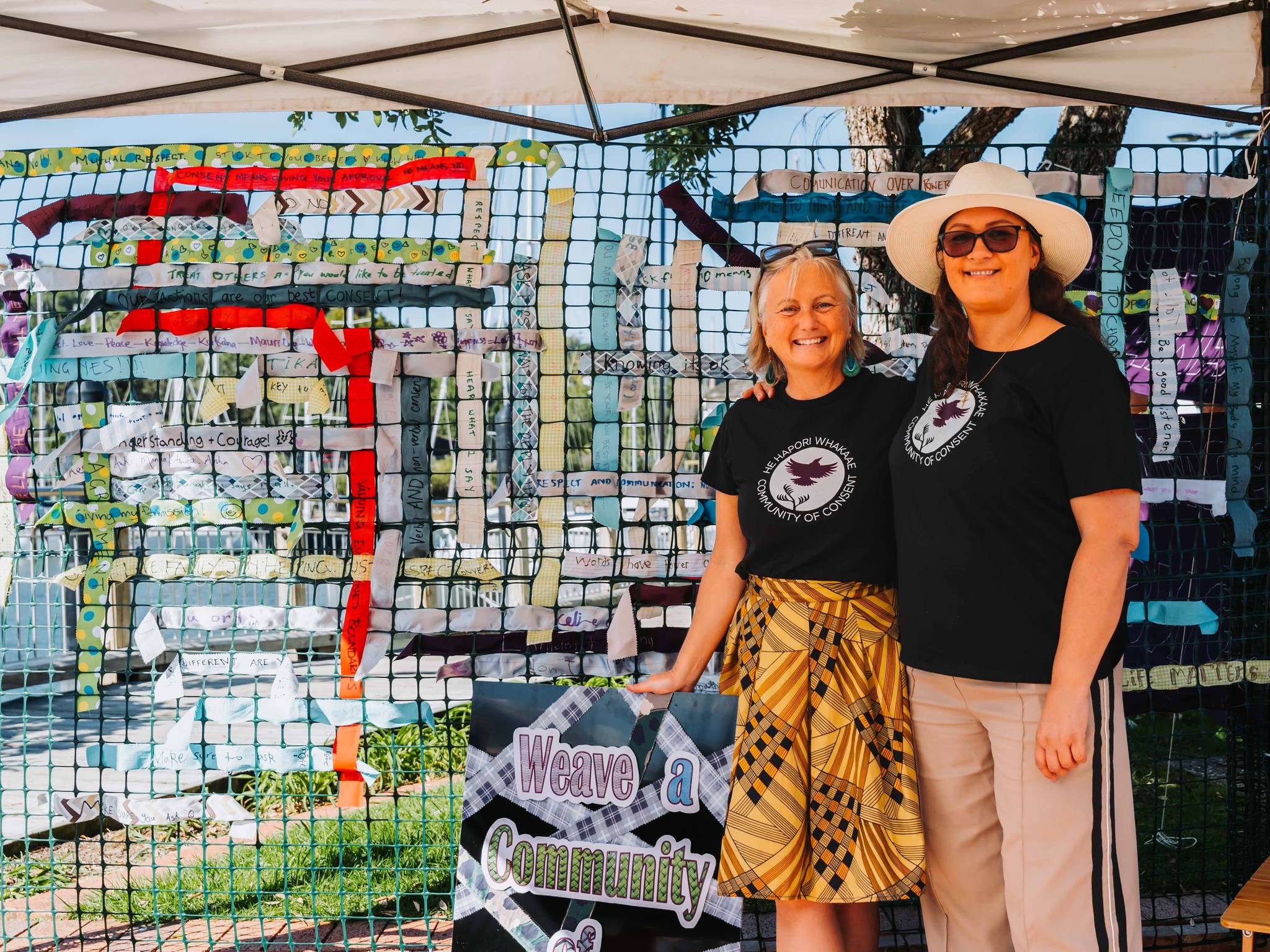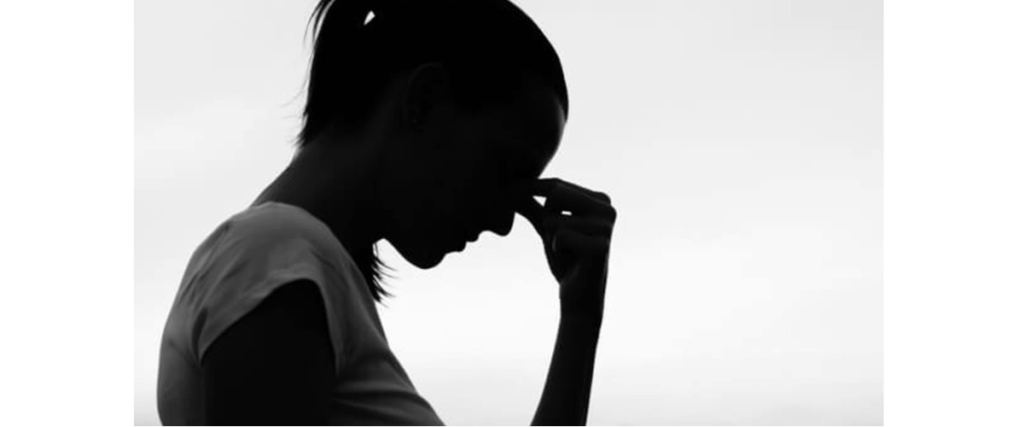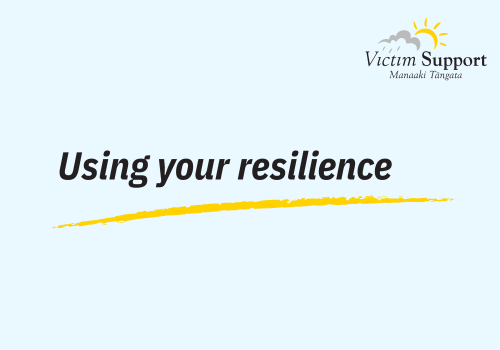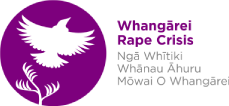What is consent?
In New Zealand, we don’t have a legal definition of consent; however, consent means agreeing to something freely and voluntarily, without pressure or coercion. Consent is an ongoing conversation, not just a one-time “yes” or “no.” In sexual activity, it should be enthusiastic, freely given, informed, and reversible—ensuring everyone is clear about what’s happening. Consent can be withdrawn at any time.
At Whangārei Rape Crisis, we are committed to building a community of consent where respect, clear communication, and choice are central to all interactions, not just sexual ones.
Frequently asked questions
First and most importantly, what happened is not your fault. Talking to someone you trust, like a friend or whānau member, can help you begin to process what you’re feeling. You’re also welcome to call us on 0800 88 33 00 — we’re here to listen and support you.
Whether or not you report to the police is entirely your choice, and we will support you either way. You can report by calling 111, 105, or visiting your local police station. A medical examination is available to you regardless of whether you choose to report. It can help with collecting evidence and also offers a sexual health check, carried out by one of the friendly female doctors who specialise in this care.
If you are in immediate danger, call 111.
In New Zealand law, the term rape is defined as a form of sexual violation. It specifically refers to non-consensual sexual connection involving the penetration of genitalia by a penis. The broader category of sexual violation also includes unlawful sexual connection, which covers other forms of non-consensual sexual activity, e.g. digital penetration, oral sex, anal sex, etc. If you are unsure about whether the sexual activity was consensual or not, consider the acronym FRIES: Freely given, Reversible, Informed, Enthusiastic, and Specific.
Any touching that is not welcomed can vary from subtle, uncomfortable gestures to overtly harmful actions. In legal terms, this is called indecent assault. You have the option to report an indecent assault to the police also. Whether you report or not, we are here to support you.
No. We support your decision whether to tell the police or not.
Yes. We welcome your support people, friends and whānau to join you. We can also offer support to them if they need it.

Growing a Community of Consent
We run an annual programme of community events to promote awareness, connection, and change. Our two main events are a presence at Artbeat, hosted by Creative Northland, and Rape Awareness Week (RAW), held each May, delivered with community organisations, businesses, and Whangārei residents.
RAW focuses on raising awareness of sexual violence, its impacts, and the importance of building a culture of consent through education, conversation, and community action.
Check out our RAW programme from May 2025 below. If you would like to be involved in the 2026 programme, please contact us.
Latest consent resources

Download consent posters

Dealing with flashbacks

Using your resilience

